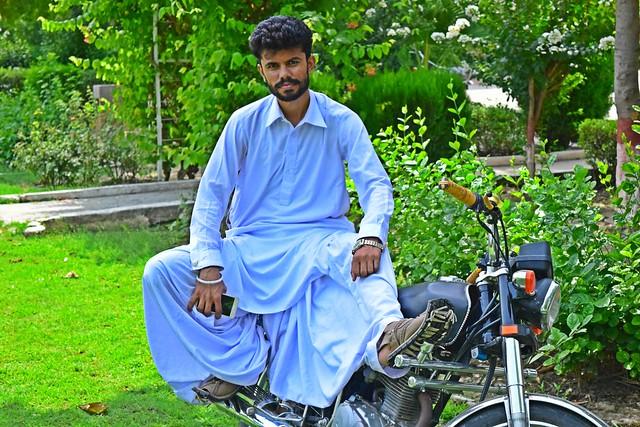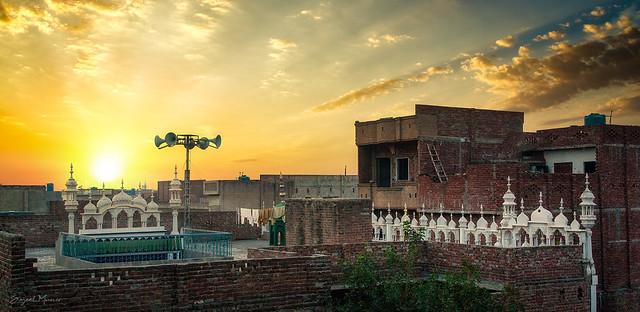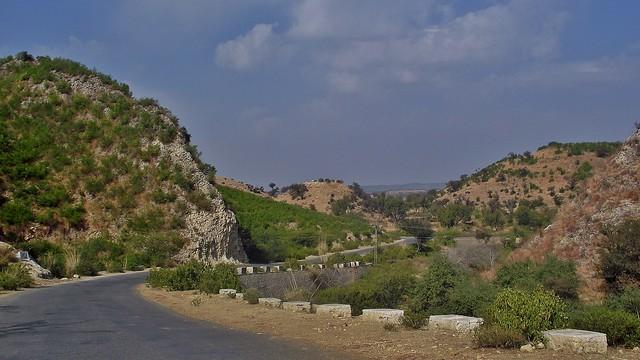
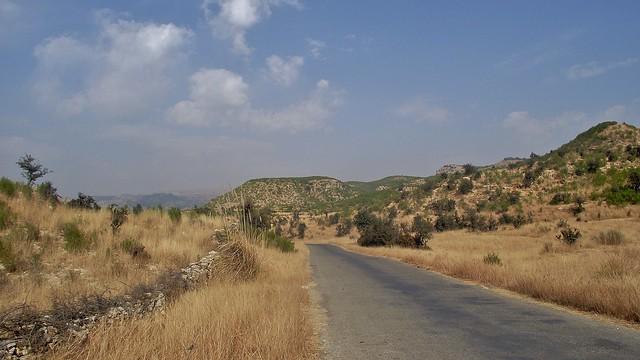
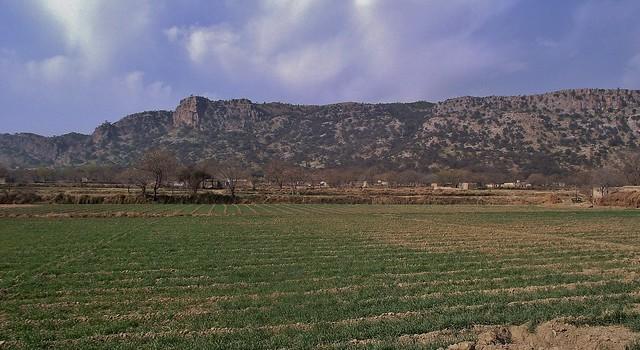
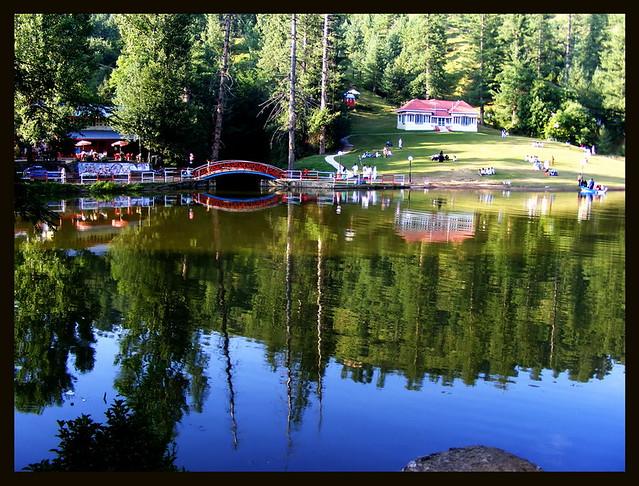
Dhok Awan
Overview
Dhok Awan: A Glimpse into Local Culture
Dhok Awan is a captivating town nestled in the Rawalpindi District of Punjab, Pakistan. It embodies a rich tapestry of culture and tradition that is reflective of the larger Punjabi heritage. As you stroll through the narrow streets, you’ll be enveloped by the warm hospitality of the locals. The vibrant bazaars are alive with the sounds of bargaining and laughter, offering a delightful array of traditional crafts, textiles, and spices. The aroma of freshly cooked street food wafts through the air, inviting you to indulge in local delicacies such as samosas, jalebi, and biryani, each bite telling a story of culinary history.
The atmosphere in Dhok Awan is a blend of modernity and tradition. While you can witness the influence of contemporary life, many aspects of daily living remain deeply rooted in age-old customs. Traditional music often fills the air, with locals celebrating weddings and festivals with spirited dances and songs, showcasing the vibrant folk culture of Punjab. The community is known for its strong familial ties and communal spirit, with gatherings often centered around shared meals and festivities that highlight the region's rich cultural heritage.
Historical Significance: A Journey Through Time
Dhok Awan holds historical significance that is reflected in its architecture and landmarks. The town has witnessed various phases of history, from the Mughal Empire to British colonial rule, each leaving its mark on the local landscape. You can explore remnants of ancient structures and mosques that narrate tales of the past. The nearby city of Rawalpindi, with its historical sites such as the Rawalpindi Fort and the bustling Raja Bazaar, offers a broader context for understanding the area’s historical development.
Visiting local shrines and historical sites provides an insight into the spiritual life of the community. The shrines dedicated to Sufi saints are often places of pilgrimage, attracting not only locals but also visitors who seek to experience the spiritual atmosphere and the unique practices that accompany Sufi traditions.
Local Characteristics: A Community of Resilience
The residents of Dhok Awan pride themselves on their agricultural roots, with many families engaged in farming. The surrounding fertile lands contribute to the town’s economic backbone, producing fruits, vegetables, and grains that are vital to both local consumption and trade. Markets flourish with fresh produce, and you can find vendors selling organic goods, showcasing the region's connection to the land.
Education is also a cornerstone of the community, with several schools and institutions focused on fostering a knowledgeable youth. The blend of traditional educational practices with modern curricula highlights the town's commitment to progress while honoring its cultural heritage. Engaging with local students can provide travelers with a unique perspective on their views and ambitions for the future, painting a picture of a community that values both tradition and innovation.
Craftsmanship and Artistry: A Hidden Gem
Dhok Awan is a treasure trove for those interested in local craftsmanship. Artisans skilled in various handicrafts, including pottery, weaving, and embroidery, continue to practice their trades, often using techniques passed down through generations. Visiting workshops allows you to witness the intricate processes involved in creating these beautiful pieces, and you may even have the opportunity to try your hand at a craft. Purchasing handmade items not only supports the local economy but also provides you with a unique souvenir that encapsulates the essence of Dhok Awan.
In summary, Dhok Awan is more than just a town; it's a vibrant community steeped in history, culture, and resilient spirit. Each corner of this charming locale reveals a layer of its identity, inviting travelers to immerse themselves in the local way of life and discover the true heart of Punjab.
Other towns or cities you may like in Pakistan
Explore other cities that share similar charm and attractions.


